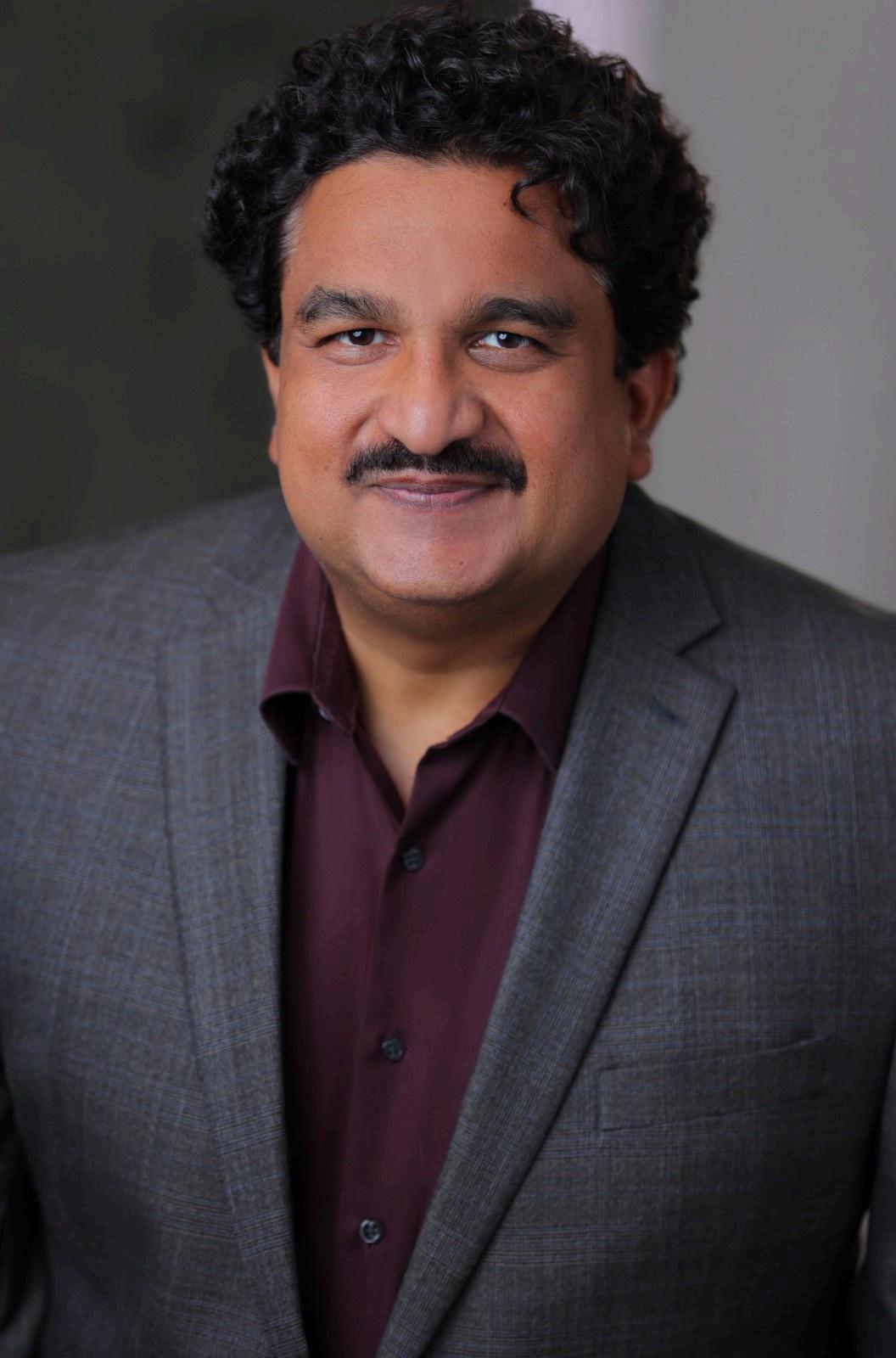Beyond the Lab: How Hobbies Shape a Health Scientist’s Well-Being

Isam Vaid believes that the life of a health scientist often revolves around research, data analysis, and problem-solving that can directly impact patient care and public health While this work is significant, it also comes with high demands and the constant need for precision To maintain balance, many health scientists turn to hobbies that provide relaxation, stimulation, and personal fulfillment These pursuits not only offer a break from the rigors of scientific inquiry but also contribute to mental clarity, creativity, and overall well-being.
One of the most popular hobbies among health professionals is gardening Working with soil, planting seeds, and nurturing plants provides a refreshing contrast to lab-based routines. Gardening is therapeutic; it allows individuals to slow down, engage with nature, and tangibly witness growth. The patience required to tend to a garden mirrors the persistence needed in scientific research, yet the environment is far more calming. Many health scientists find that time in the garden fosters mindfulness and reduces stress, creating a balance that enhances their focus when they return to professional tasks.

Another enriching pastime is hiking. Spending hours outdoors, walking along trails, and exploring diverse landscapes allows health scientists to reconnect with their surroundings while also engaging in physical activity. Hiking serves both as exercise and as a mental reset. The rhythmic act of walking and the exposure to fresh air help reduce mental fatigue, while the quiet of natural settings encourages reflection For scientists accustomed to structured environments, the unpredictability of trails and terrains offers a sense of freedom and discovery that nurtures resilience and adaptability

Creative pursuits such as painting, music, or writing also play a vital role in enriching a health scientist’s life. Artistic expression provides an outlet for emotions that may not easily be communicated through scientific language Whether it is sketching a scene, playing an instrument, or writing a reflective piece, creativity stimulates the mind in new ways Engaging in the arts encourages divergent thinking, which can enhance problem-solving skills within research contexts It also fosters emotional balance by enabling scientists to process their thoughts and experiences constructively
Sports and recreational activities bring another dimension of enrichment. Golf, for example, is a hobby many health professionals adopt for its combination of strategy, patience, and relaxation It provides an opportunity to enjoy the outdoors while engaging in a low-intensity but skillful sport. Golf is also a social activity, offering networking opportunities and strengthening professional relationships Similarly, activities like tennis, swimming, or cycling allow scientists to stay physically active while finding joy in movement and competition outside the academic or clinical environment

Travel is yet another powerful hobby that benefits health scientists. Exploring new cultures, cuisines, and environments broadens perspective and fosters appreciation for diversity For professionals whose work may involve global health issues, firsthand exposure to different communities can deepen understanding of cultural contexts and health practices. Traveling also provides a much-needed escape from routine, offering both relaxation and inspiration Whether visiting historical landmarks, exploring natural wonders, or experiencing local traditions, the experiences gained through travel often translate into renewed motivation and creativity

Reading outside scientific literature is another enriching habit Many health scientists enjoy delving into novels, biographies, history, or philosophy. These readings broaden intellectual horizons and provide insights into human behavior, ethics, and societal development, all of which can indirectly inform scientific perspectives. Fiction, in particular, allows for empathy-building by immersing readers in diverse characters and experiences. This broader worldview complements the analytical mindset required in research, creating a more balanced and compassionate professional outlook.

Volunteering is also a rewarding pursuit for health scientists Engaging in community service, whether through local clinics, educational programs, or global initiatives, provides opportunities to apply skills in meaningful ways outside of research Volunteering builds human connection, fosters empathy, and reinforces the values that often lead individuals into the health sciences in the first place. For many, this sense of giving back strengthens personal fulfillment and keeps them grounded in the purpose behind their professional work

Ultimately, hobbies are not just diversions for health scientists; they are essential elements that contribute to their overall effectiveness and longevity in demanding careers. Whether it is through gardening, hiking, creative expression, sports, travel, reading, or volunteering, these pursuits provide balance, broaden perspectives, and nurture well-being By engaging in enriching activities beyond the laboratory or clinic, health scientists sustain both their passion for discovery and their health The result is a more fulfilled individual who brings not only technical expertise but also creativity, empathy, and resilience to the field of science.
